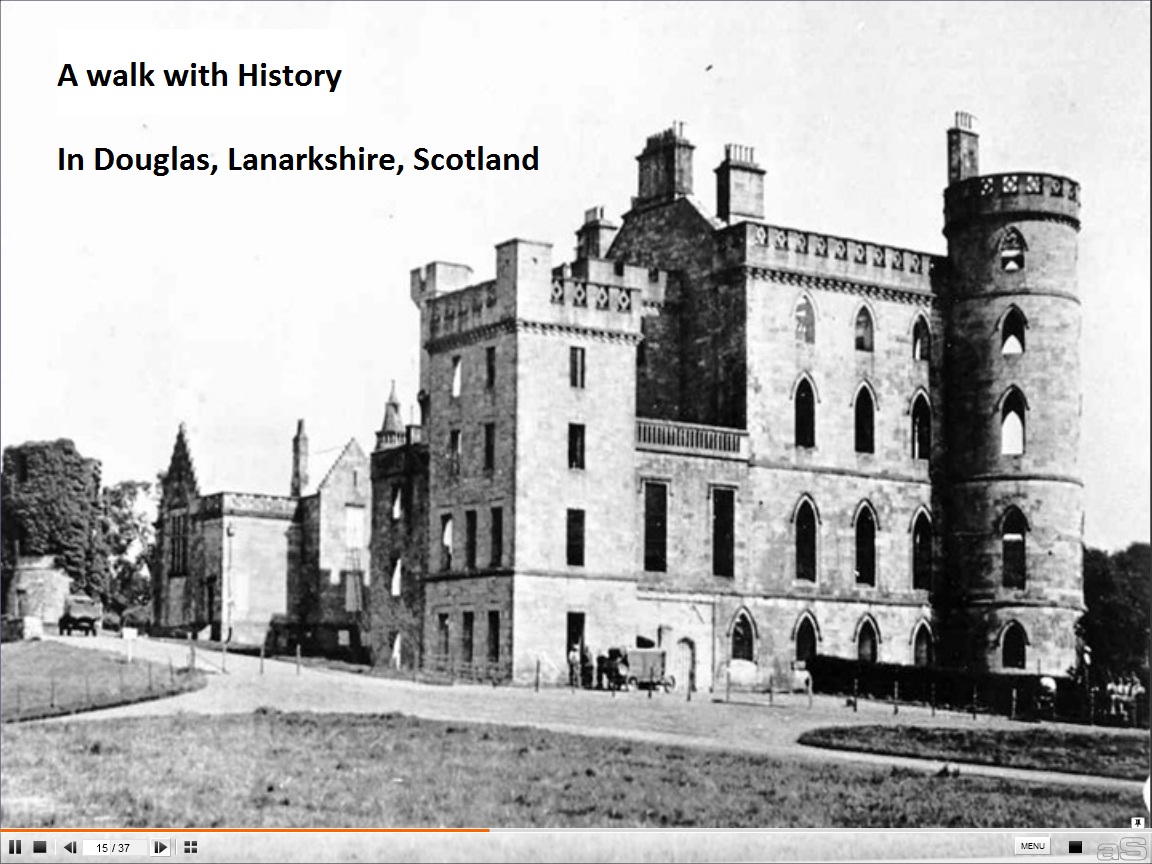   |
|
|
|
|
| ||||||

On this day in 1342, Philip II, Duke of Burgundy was born (d. 27 April 1404).He was the 4th son of King John II of France and his wife, Bonne of Luxembourg. By his marriage to Margaret III, Countess of Flanders, he also became Count of Flanders, of Artois and of Burgundy. He was the founder of the Burgundian branch of the House of Valois.Born in 1342, Philip gained his cognomen the Bold when, at the age of 14, he fought beside and was captured with is father at the Battle of Poitiers in 1356. He was created Duke of Touraine in 1360, but in 1363, as a reward for his behavior at Poitiers, he returned this to the crown, receiving instead from his father the Duchy of Burgundy in apanage, a title his father had held since the death of Philip of Rouvres in 1361. Philip ruled the Duchy until his death. On 19 June 1369, Philip married the 19-year old Margaret of Dampierre, the daughter of Louis II, Count of Flanders, who would become the heiress of Flanders, Brabant, Artois, and the Free County of Burgundy after the death of her brother in 1376. Philip died in Halle, County of Hainaut (modern Belgium), on 27 April 1404. His territories were bequeathed to his eldest son, John the Fearless, who inherited also Philip's political position in France and leadership of the Burgundians against Orléans. He became an ancestor to Mary von Egmond, the Queen Consort of King James II. Later, in 1423 the Scottish nobleman Archibald Douglas, 4th Earl of Douglas, a commander on the French side in the Hundred Years' War was created Duke of Touraine, but he was killed at the Battle of Verneuil in 1424. His son Lord Wigtown, absent in Scotland, was believed in France to have died without issue, so the title was presumed extinct. When it became apparent that Wigtown had succeeded his father as Earl of Douglas, he was confirmed in the title Duke of Touraine, though not the lands. He died in 1439 and the male line of the fourth Earl of Douglas became extinct on the death of William Douglas, 6th Earl of Douglas the following year.

Stephen Arnold Douglas was born on this day in 1813Stephen Arnold Douglas was an American politician from Illinois and the designer of the Kansas–Nebraska Act. He was a member of the House of Representatives, the United States Senate, and the Democratic Party nominee for president in the 1860 election, losing to Republican Abraham Lincoln. . 
Charles II was crowned on this day in 1661Charles II was born on May 29, 1630, in St. James's Palace, London, England. After the execution of his father, Charles lived in exile until he was crowned King of England, Ireland and Scotland in 1661. His reign marking the Restoration period, Charles was known for his cavorting lifestyle and feuds with Parliament. He converted to Catholicism just before his death in London on February 6, 1685.. Lord Reston died on this day in 1819Hon David Douglas, Lord Reston FRSE was a Scottish judge and a cousin and the heir of Adam Smith. He was Lord of Justiciary, at which point he adopted the title Lord Reston, and also a Senator of the Royal College of Justice. In 1790, on the death of his father's cousin, Adam Smith, he inherited his vast and valuable library of books.. Births
1703 - Douglas, Henry Deaths
1862 - Douglas, Rev. Adam Black Events
1014 – Battle of Clontarf: High King of Ireland Brian Boru
defeats Viking invaders, but is killed in battle. | ||||||
|
The content of this website is a collection of materials gathered from a variety of sources, some of it unedited. The webmaster does not intend to claim authorship, but gives credit to the originators for their work. As work progresses, some of the content may be re-written and presented in a unique format, to which we would then be able to claim ownership. Discussion and contributions from those more knowledgeable is welcome. Last modified: Friday, 02 August 2024 |